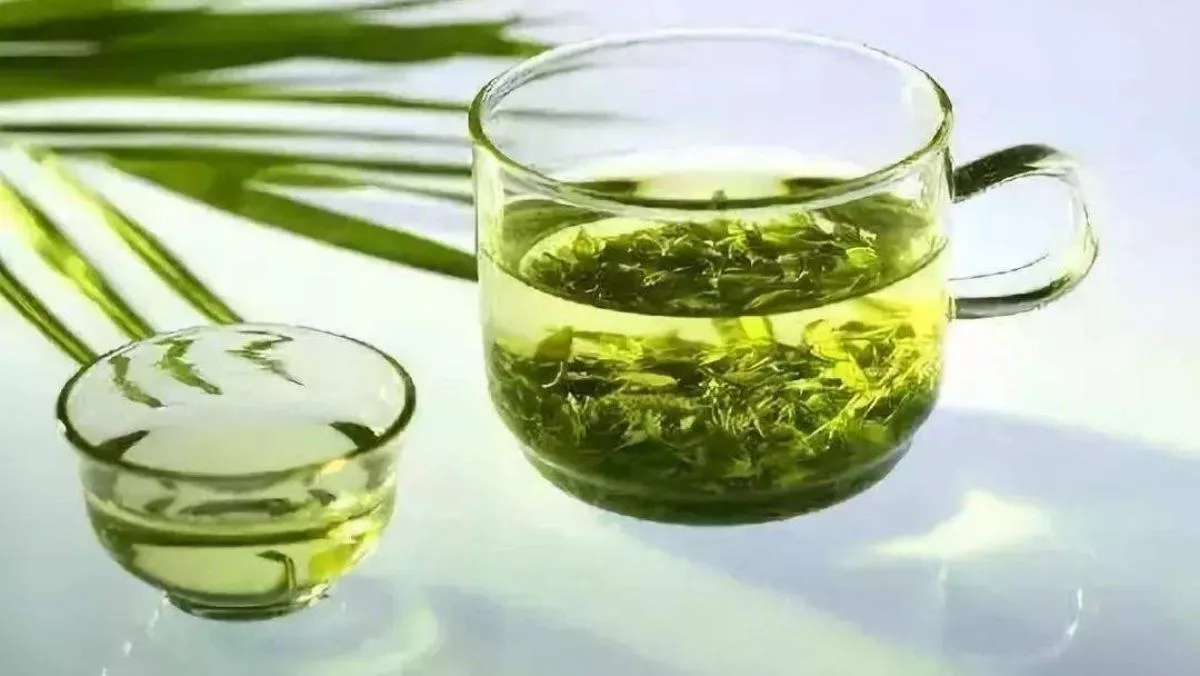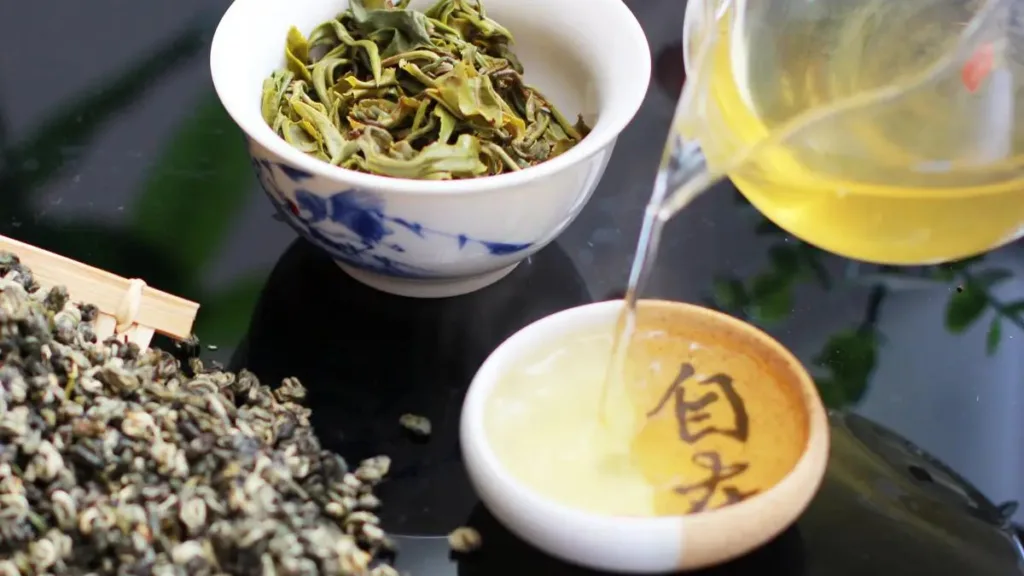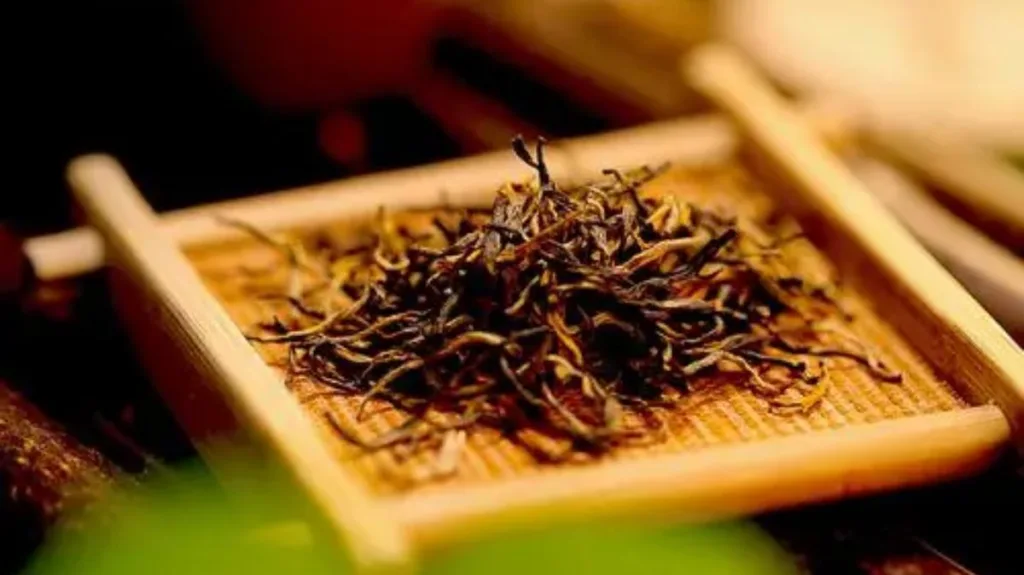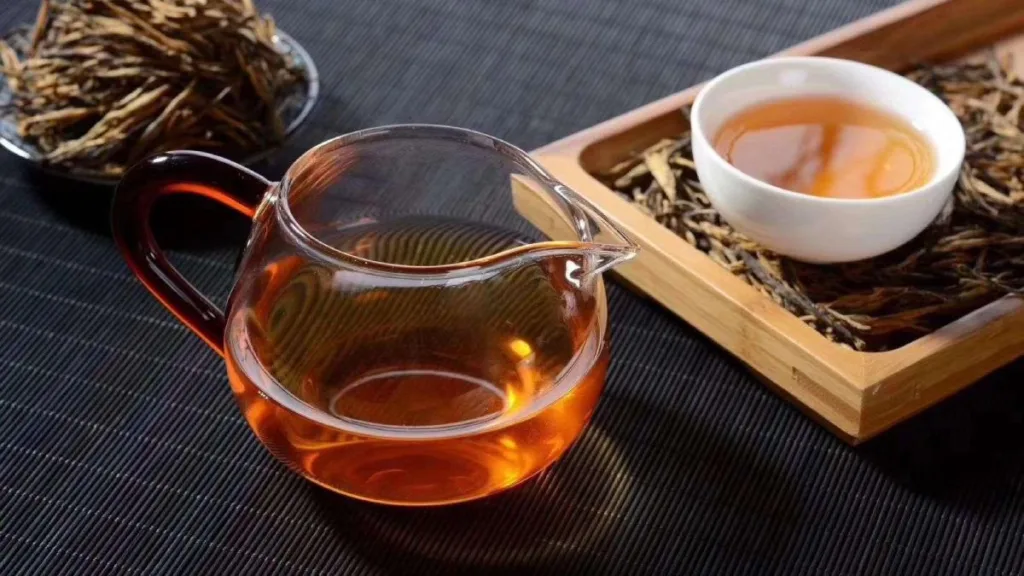Many people have a keen interest in tea, especially Chinese green tea. So, is Chinese green tea safe? Today, we will provide a detailed explanation of this question.
If the Chinese green tea you purchase meets food safety standards, then it is undoubtedly safe. Additionally, Chinese green tea offers many health benefits.
What is Green Tea?
Green tea is made from the plant Camellia sinensis. It contains polyphenolic compounds called catechins, which have shown antioxidant, anticancer, anti-tumor, and antimicrobial properties in laboratory studies. The primary catechin found in green tea is epigallocatechin gallate (EGCG), and green tea also naturally contains caffeine.
What is the Best Chinese Green Tea?
Green tea comes in various forms—loose leaf, matcha powder, bottled beverages, and supplements—making it challenging to decide which product to choose. When comparing green tea products, it’s helpful to look for those that specify their EGCG or catechin content. Catechins, including EGCG, are antioxidants that may help explain the potential health benefits associated with consuming green tea. The content of EGCG and other catechins varies among products. ConsumerLab has tested numerous green tea products to determine their catechin and EGCG content, as well as potential contaminants such as caffeine and lead. You can find test results categorized by product in our green tea reviews. Each serving of matcha powder and brewed green tea can provide about 40 milligrams to 100 milligrams of EGCG. While some matcha products claim to provide over 130 times the EGCG found in brewed green tea, this is not accurate. For more information on the reasons behind this, consult the brewed green tea vs. matcha section in our green tea reviews. Some bottled green teas offer a similar amount of active ingredients per serving as brewed green tea and matcha powder, but others provide very few active ingredients. In some cases, you would have to drink an unrealistic amount to get the same amount of EGCG found in brewed tea or supplements. To find out which bottled green teas may be the best choice, refer to our test results. Green tea supplements typically provide the highest amount of these EGCG and other catechins, often several hundred milligrams per serving. For our top picks for each common form of green tea, see our selections for brewed green tea, matcha green tea, bottled green tea, and green tea supplements.
How Does Chinese Green Tea Compare to Other Teas?
Green tea, black tea, and white tea all come from the same plant, so one might assume these teas are the same, but they are not. Green tea is made by lightly steaming freshly cut leaves, while black tea is fermented. Black tea has lower catechin content and higher caffeine content compared to green tea. White tea is made from leaves harvested at a less mature stage. While both green tea and white tea often provide a substantial amount of catechins, white tea tends to have less caffeine and is less likely to be contaminated with lead. However, keep in mind that there can be significant differences between products.
Who Should Avoid Drinking Chinese Green Tea?
- People Prone to Insomnia: Green tea contains a significant amount of caffeine, which can stimulate the central nervous system, making it unsuitable for people prone to insomnia, especially when consumed before bedtime, as it can lead to increased alertness and difficulty falling asleep.
- Pregnant Women: Green tea contains high levels of caffeine and tea polyphenols, both of which can have adverse effects on a developing fetus. Consuming green tea during pregnancy can potentially lead to intellectual issues in the unborn child. Pregnant women should avoid drinking green tea.
- Individuals Who Are Intoxicated: Tea has a stimulating effect on the central nervous system, and drinking strong tea after consuming alcohol can exacerbate the strain on the heart. Tea can also accelerate diuresis, causing the elimination of toxic aldehydes from alcohol through the kidneys, which can be highly stimulating to the kidneys and detrimental to health. Therefore, individuals with heart or kidney problems or those who have consumed alcohol should be cautious about consuming tea, especially in large quantities.
- Individuals with Sensitive Digestive Systems: Green tea is known to have anticancer properties and is highly nutritious, but it is also considered a “cooling” beverage. As a result, it is not suitable for people with sensitive stomachs, as it may cause discomfort and indigestion. It is essential to note that consuming green tea on an empty stomach is not advisable, as its high polyphenol content has an astringent effect that can irritate the digestive system, especially when taken without food. In such cases, the irritation is more pronounced.
In conclusion, Chinese green tea can be a safe and healthy beverage if it meets food safety standards. It offers numerous health benefits, including its rich catechin content, particularly epigallocatechin gallate (EGCG), which has been linked to antioxidant and potential health-promoting properties. However, it’s important to choose green tea products carefully and be mindful of caffeine content and potential contaminants. Also, it’s crucial to be aware of who should avoid or limit their consumption of green tea, such as individuals prone to insomnia, pregnant women, those who are intoxicated, and individuals with sensitive digestive systems.
Ultimately, green tea, when consumed in moderation and within an individual’s tolerance, can be a delightful and healthful addition to one’s diet.



